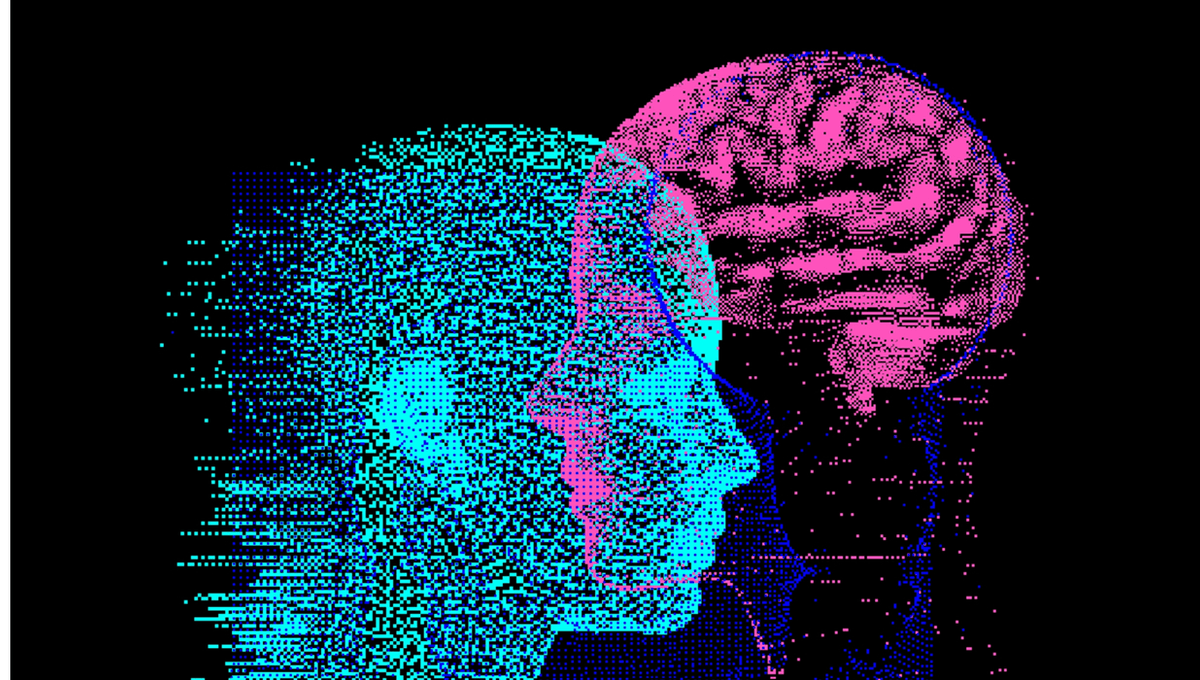
Constantly offloading cognitive tasks onto artificial intelligence (AI) may come at a cost to your brain. According to a new research project, writing essays with the help of ChatGPT diminishes the vibrancy and interconnectedness of your brain’s neural activity.
What’s more, you’re unlikely to remember much of what you wrote, and the essay itself will likely be shallow, uninspired, and, in the words of one person involved in the study, “soulless”.
Scientists at MIT have published a paper – which is yet to be peer-reviewed – that looked at how large language models (LLMs), like ChatGPT, affect our brains when tasked with writing an essay.
The study gathered 54 subjects, 18- to 39-year-old college students and graduates in the Boston area, and asked them to write several SAT-style essays that tackled complex questions. This included philosophical conundrums like: “Is a perfect society possible or even desirable?” and “Should people who are more fortunate than others have more of a moral obligation to help those who are less fortunate?”
The participants were divided into three groups: the first was allowed to use OpenAI’s ChatGPT, the second could use Google’s search engine, and the third relied solely on their trusty old brain. As the subjects wrote their essays, the researchers monitored neural activity across 32 regions using EEG sensors.
The writing took place over three sessions spread across several months, with each group consistently sticking with their assigned tool. In a fourth session, the conditions were flipped around: those who had used ChatGPT were now required to work without any digital assistance, while the brain-only group was given access to ChatGPT.
The results
It was all too evident that the different means of writing were associated with “significantly different neural connectivity patterns.”
The ChatGPT users showed the lowest brain engagement of all three groups, with some metrics suggesting the group had 55 percent less brain activity compared to the brain-only group.
Weirdly, the AI group was consistently unable to recall information or quote from the essays they wrote just minutes prior. It was as if the information was only superficially passing through the person’s brain, processed so passively that it failed to register deeply enough to be retained.
Meanwhile, the brain-only group exhibited the strongest and most widespread brain activity, whereas the Search Engine group demonstrated a moderate, “intermediate” level of engagement.
The use of AI appears to have left a lasting impression on people’s brains. When the ChatGPT users had to write an essay without AI, they still displayed “less coordinated neural effort,” plus they were more likely to use the same vocabulary that’s commonly spat out by AI. The researchers speculated whether this trend might reflect something they refer to as “cognitive debt”.
“When individuals fail to critically engage with a subject, their writing might become biased and superficial. This pattern reflects the accumulation of cognitive debt, a condition in which repeated reliance on external systems like LLMs replaces the effortful cognitive processes required for independent thinking,” the researchers speculate.
“Cognitive debt defers mental effort in the short term but results in long-term costs, such as diminished critical inquiry, increased vulnerability to manipulation, decreased creativity,” they added.
Should AI be in kids’ classrooms?
But the AI-written essays were of impeccable quality, right? Well, not quite. English teachers were brought in to review the essays, and while they noted that the writing was technically up to scratch, the content felt “soulless” and devoid of any personality.
“Some essays across all topics stood out because of a close to perfect use of language and structure while simultaneously failing to give personal insights or clear statements. These, often lengthy, essays included standard ideas, reoccurring typical formulations and statements, which made the use of AI in the writing process rather obvious. We, as English teachers, perceived these essays as ‘soulless’, in a way, as many sentences were empty with regard to content and essays lacked personal nuances,” one of the English teachers wrote.
The results of the experiments raise some big questions about whether AI systems like ChatGPT should be used in education at a time when many governments around the world are grappling with how to integrate emerging technology into kids’ classrooms.
Sure enough, people need to be taught the latest technical skills to keep up with the next generation of relentless technological advancement. However, this eagerness needs to be balanced with a more cautious view that an over-reliance on AI may erode critical thinking, reasoning abilities, and other key skills that are needed to build a population of brightly brained humans.
The paper is available at arXiv.
Source Link: This Is Your Brain On ChatGPT: Lower Neural Interconnectivity And "Soulless" Work